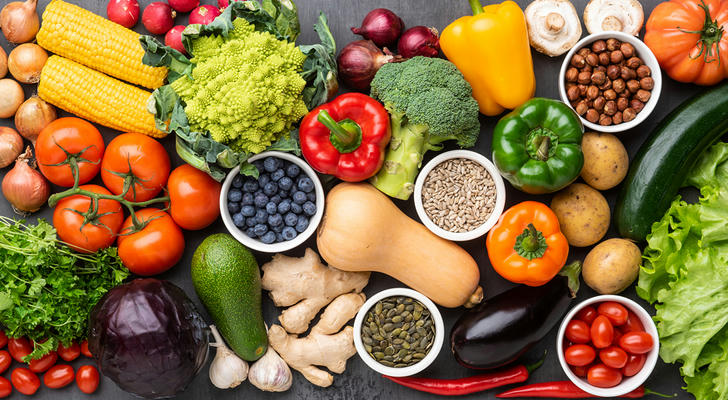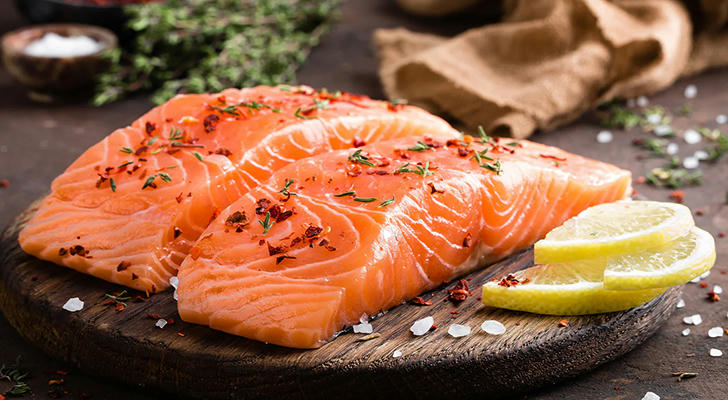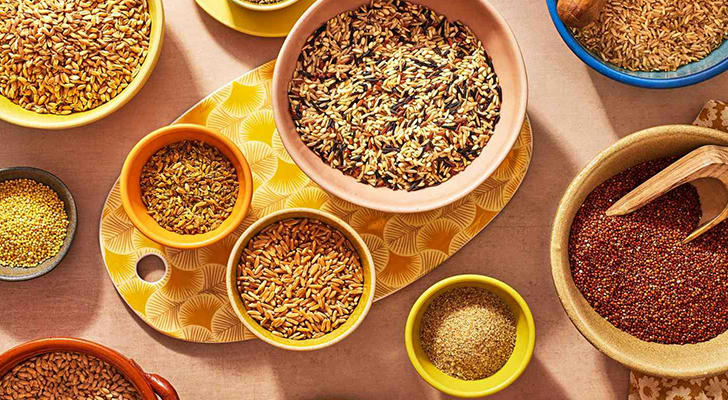Best Foods for Your Eyes and Help Prevent Macular Degeneration

Macular degeneration is a common eye condition that affects millions of people worldwide, particularly as they age. While there is no cure for this disease, certain lifestyle changes, especially dietary choices, can potentially lower the risk or slow its progression. In this article, we will delve into various foods believed to benefit macular degeneration prevention and how these foods compare to other dietary strategies.
What's Macular Degeneration?
Macular degeneration, often referred to as age-related macular degeneration (AMD), is a medical condition that affects the central part of the retina, known as the macula. This area is crucial for sharp, central vision, which we use for activities like reading and driving. AMD typically progresses slowly and can lead to significant vision loss over time.
Although genetic factors play a significant role in the development of AMD, environmental factors, including diet, also have a substantial impact. By incorporating specific foods into your diet, you may help protect your eyes and preserve your vision.
Key Foods for Macular Degeneration Prevention

1. Leafy Green Vegetables
Leafy greens like spinach, kale, and Swiss chard are packed with antioxidants, particularly lutein and zeaxanthin. These nutrients are known to filter harmful blue light and protect the retina from damage. Including these vegetables in your diet can help maintain the health of the macula and support overall eye health.
Spinach: Rich in vitamins A, C, and K, as well as folate and iron, spinach is a powerhouse of nutrients that support eye health. Kale: Known for its high content of vitamins A and C, kale also provides a significant amount of lutein and zeaxanthin. Swiss Chard: This leafy green is a good source of vitamins A, C, and E, and it offers a variety of antioxidants that can benefit the eyes.
2. Fish High in Omega-3 Fatty Acids
Fatty fish such as salmon, mackerel, and trout are excellent sources of omega-3 fatty acids. These healthy fats have anti-inflammatory properties and may reduce the risk of developing AMD. Omega-3s support the structure and function of cell membranes in the eyes, promoting overall eye health.

Salmon: High in both omega-3 fatty acids and vitamin D, salmon is beneficial for reducing inflammation and supporting eye health. Mackerel: This fish is rich in omega-3s and vitamin B12, which are important for maintaining healthy vision. Trout: A good source of omega-3 fatty acids, trout also provides protein and essential nutrients that support eye health.
3. Colorful Fruits and Vegetables
Vibrant fruits and vegetables, rich in pigments like beta-carotene, vitamin C, and vitamin E, are essential for eye health. These antioxidants help neutralize free radicals and reduce oxidative stress, which can damage the eyes.
Carrots: Known for their high beta-carotene content, carrots are converted to vitamin A in the body, which is crucial for good vision. Oranges: Packed with vitamin C, oranges help protect the eyes from oxidative damage. Berries: Blueberries, strawberries, and other berries are rich in antioxidants that support eye health. Sweet Potatoes: High in beta-carotene and vitamin C, sweet potatoes help protect the eyes from oxidative stress.
4. Whole Grains

Whole grains such as brown rice, quinoa, and whole wheat provide essential nutrients like zinc and vitamin E, which are important for eye health. Zinc is involved in the metabolism of retinol, a form of vitamin A essential for vision, while vitamin E helps protect the eyes from oxidative damage.
Brown Rice: A good source of fiber, vitamins, and minerals, brown rice supports overall health, including eye health. Quinoa: Rich in protein and essential nutrients, quinoa helps maintain healthy eyes and overall well-being. Whole Wheat: Provides vitamins, minerals, and fiber that contribute to maintaining healthy vision.
5. Nuts and Seeds
Nuts and seeds, such as almonds, walnuts, and flaxseeds, are great sources of vitamin E. This vitamin acts as an antioxidant, protecting the eyes from damage caused by free radicals. Including a variety of nuts and seeds in your diet can contribute to maintaining healthy vision.
Almonds: High in vitamin E and healthy fats, almonds support overall eye health. Walnuts: Rich in omega-3 fatty acids and antioxidants, walnuts help reduce inflammation and protect the eyes. Flaxseeds: These seeds are an excellent source of omega-3 fatty acids and fiber, promoting eye health and overall well-being.
Comparing Dietary Approaches
While focusing on specific foods rich in antioxidants, omega-3 fatty acids, and other nutrients can help reduce the risk of macular degeneration, it's essential to remember that no single food or nutrient can prevent the condition entirely. A balanced diet that includes a variety of nutrient-dense foods is key to supporting overall eye health.
In addition to consuming these beneficial foods, other dietary factors can also play a significant role in preventing macular degeneration. Limiting the intake of processed foods, saturated fats, and added sugars can help reduce inflammation and oxidative stress in the body, which in turn can benefit eye health.
Maintaining a healthy weight, exercising regularly, and avoiding smoking are crucial lifestyle factors that can reduce the risk of developing macular degeneration and other age-related eye conditions. Regular physical activity and a balanced diet work together to promote overall health, including the health of your eyes.
Conclusion
While there is no guaranteed way to prevent macular degeneration, incorporating certain foods into your diet can support eye health and potentially reduce the risk of developing this condition. By focusing on nutrient-rich foods such as leafy green vegetables, fatty fish, colorful fruits and vegetables, nuts and seeds, and whole grains, you can provide your eyes with the essential nutrients they need to stay healthy and function optimally. Combined with other healthy lifestyle choices, such as regular exercise and not smoking, a balanced diet can play a significant role in preserving your vision and reducing the risk of macular degeneration as you age.
In summary, making mindful dietary choices and adopting a healthy lifestyle can go a long way in protecting your eyes from age-related conditions like macular degeneration. By nourishing your body with the right foods and maintaining overall health, you can support your vision and enjoy a higher quality of life as you grow older.
